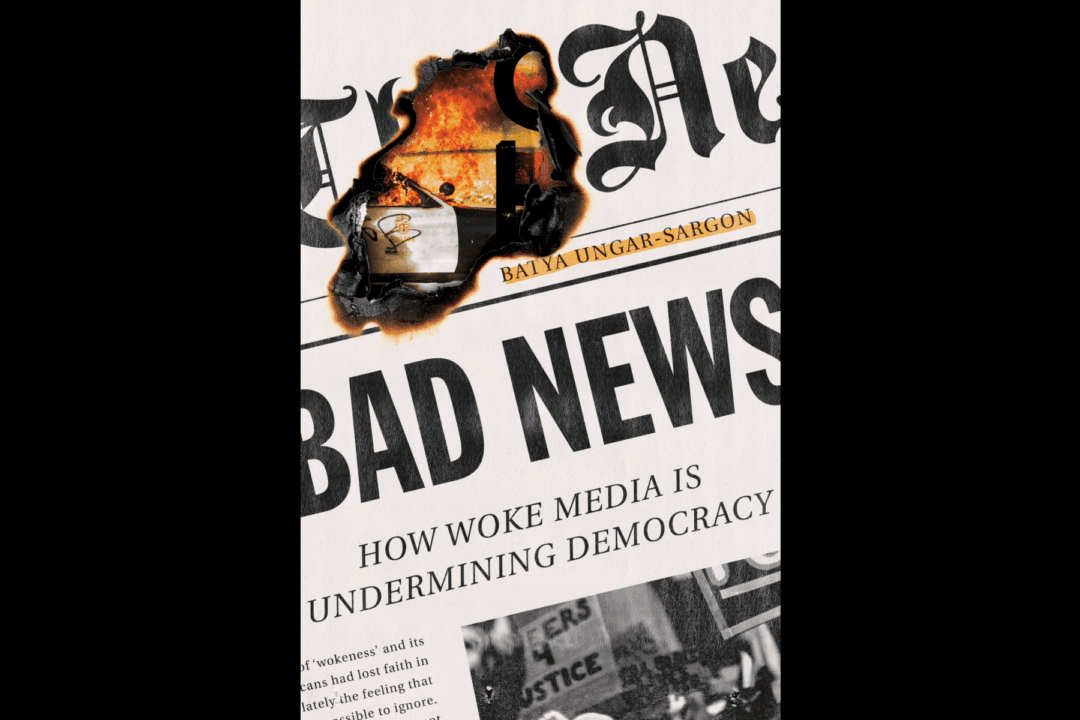As the years have progressed in the 21st century, fewer and fewer Americans trust the media. According to the latest Gallup poll on the subject, only 36 percent of Americans do. There is plenty of reason for that, but the question is how did the media, or journalism, plummet to its current position. Batya Ungar-Sargon, the deputy opinion editor at Newsweek, has written a new book titled “Bad News: How Woke Media Is Undermining Democracy” that discusses the very reasons.
The author begins by introducing the reader to the early American forms of journalism with focuses on Benjamin Day and Joseph Pulitzer (Pulitzer, in particular), and the newspapers created specifically for the working class. The goal of these “penny papers” was to keep the masses informed, as subscribing to publications like The New York Times was too expensive. Sargon expresses in the book how media outlets, for the longest time, were used to keep the powerful in check. The prime era was during the Progressive Era (from the 1890s to World War I), when journalists were often called “muckrakers.”






